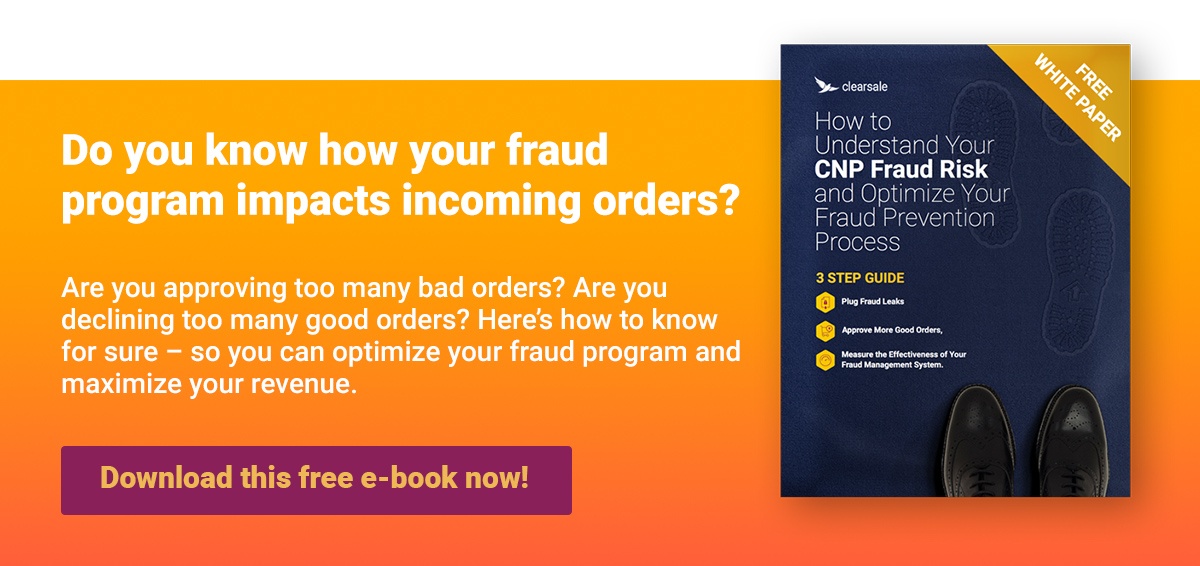What to Know About Selling CBD And Cannabis Online
As more states, regions and countries worldwide move toward legalizing marijuana-based products, it’s no surprise that new merchants are looking to begin selling cannabis and CBD online. It’s a smart move that can also be challenging in today’s complex, rapidly evolving marketplace.
While brick-and-mortar locations will always be popular for the cannabis industry, online platforms are expected to dramatically increase sales in an industry that’s already booming. The global legal marijuana market was valued at just over $14.3 billion in 2016 and is expected to top $63 billion by 2024, while the market for CBD-infused products is expected to reach $5 billion in 2019, up 706% from 2018.
Because there aren’t yet many large, branded cannabis retailers, e-commerce merchants expanding into this market have a unique opportunity to capitalize on a niche with a high earnings potential, a large customer base and relatively few competitors.
But before you open your e-commerce shop, here’s what you need to know.
Building Your Cannabis Website
For merchants looking to sell cannabis and CBD products online, designing and launching an e-commerce website isn’t as straightforward or easy as it may seem. Not every major e-commerce platform is ready and willing to take on such industry intricacies as payment options, shipping and marketing.
But with as the industry continues to grow in popularity, larger platforms (including Shopify) are beginning to expand into the market to join the smaller platforms already specializing in the niche.
Accepting Payments for Cannabis Products
Notably, accepting credit card payments is a major hurdle. Most major card providers will not process payments for cannabis products, because cannabis remains banned under federal law. Because banks and payment companies are federally regulated, they risk running afoul of federal law if they participate in the cannabis industry. Fortunately, many smaller banks and credit unions are often more comfortable working with cannabis-related businesses. However, many dispensaries have been selling on cash-only terms to avoid the whole hassle.
Looking ahead, the proposed SAFE Banking Act might provide some relief for the industry. This federal legislation would explicitly protect financial institutions that work with cannabis companies from federal prosecution. The bill was passed overwhelmingly by the U.S. House of Representatives in September 2019 and is currently awaiting a vote in the U.S. Senate, possibly in 2020.
E-Commerce Risk in Cannabis and CBD Sales
Even if the SAFE Banking Act passes and cannabis and CBD merchants are able to access merchant services accounts, you might still find your business labeled as a high-risk merchant. This typically means higher processing rates and less desirable terms and conditions. Should you find yourself facing a problem with high chargebacks due to card-not-present (CNP) fraud, you could be in trouble.
Fortunately, you can minimize your risk of e-commerce fraud by watching for:
- New customers. It’s critical to confirm that the customer placing an order is actually who they say they are.
- Large orders. A large order, especially from a first-time customer, may be an indicator for fraud. In these cases, consider adding additional identity verification steps to your checkout process.
- Cross-border transactions. While it’s legal to ship CBD oil within the United States, shipping other cannabis-related products can get complicated — especially shipping overseas. Educate yourself on international laws and shipping solutions.
- Buy online, pick up in store sales. With shipping guidelines still in flux for cannabis products, you may find you need to combine creative delivery options, such as BOPIS. But be mindful that in-store pickup can increase your risk if you aren’t diligent about verifying the legitimacy of the customers picking up in stores orders that were placed online.
The point here is that it’s always vital to make sure you know who you’re selling to, so you can verify that every transaction you complete is in fact legitimate. However, this can be tricky, since you also need to make sure that your fraud protection strategy doesn’t interfere with your ability to deliver a seamless, user-friendly online shopping experience for your customers.
Enlisting the resources of a trusted e-commerce fraud prevention partner can certainly help.
ClearSale is committed to helping merchants of all risk levels and in all industries improve both their profits and their customer relationships through our Total Guaranteed Protection Solution. Contact us today to find out how it can benefit your business.
 Chargeback & Fraud Protection Team
Chargeback & Fraud Protection Team
